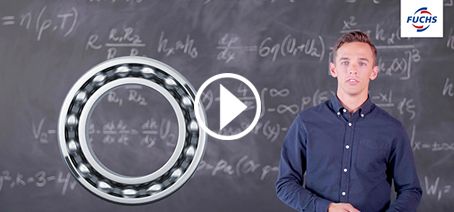Waste – an ingredient in future lubricants
Waste could be the key to smarter production and lower environmental impact. That’s because some types of waste can be used to produce lubricants – a new approach that can save both money and the environment.

Renewable raw materials have been used for a long time and can be found in eco-friendly hydraulic oils, for example. But there are also innovative projects under way that take things even further. One example is the German ZeroCarb FP research alliance, of which FUCHS is a part. One of the projects within the alliance is looking at using waste to manufacture new products – such as lubricants.
ZeroCarb FP stands for Zero Carbon Footprint, a vision the alliance will strive to achieve by recycling and biotechnologically refining various kinds of waste. Using waste opens up new technical possibilities, improves environmental sustainability and saves resources.
Smart new process
One of the research alliance’s projects focuses on lubricant production. The researchers have managed to extract main ingredients for lubricants from another sustainable raw material, namely used cooking oil. The process makes old frying fat into a high-quality raw material, using an enzyme that has unique properties. The great thing about the enzyme is that it can modify organic molecules in certain types of waste, so they can then be used to make lubricants.
This means that everyday waste produced by restaurants can be used to make new products, thus closing the material ecocycle in a more eco-friendly way. One of the challenges now is to leave the lab environment and transform waste into lubricant ingredients on a large, industrial scale. FUCHS researchers are therefore testing various methods to optimise the enzyme’s ingenious process and make it more efficient.
Food becomes fuel
Expanding the use of renewable raw materials will reduce the distinction between food and fuel – this will be food first, and then fuel. For FUCHS, this could ultimately entail a major step away from fossil fuels towards sustainably produced raw materials. As well as biotechnologically refining used cooking oil, the ZeroCarb FP researchers are also recycling waste water, exhaust gases and by-products from biodiesel manufacture.
To find out more, read a more in-depth article here: https://www.fuchs.com/group/magazine/en/topics/detail/waste-to-value/
All articles
Stay updated

Blog: Smart Lubrication
Smart Lubrication is a blog where we share our common knowledge about lubricants and lubrication.

Newsletter
Read or subscribe to our bi-monthly newsletter.
